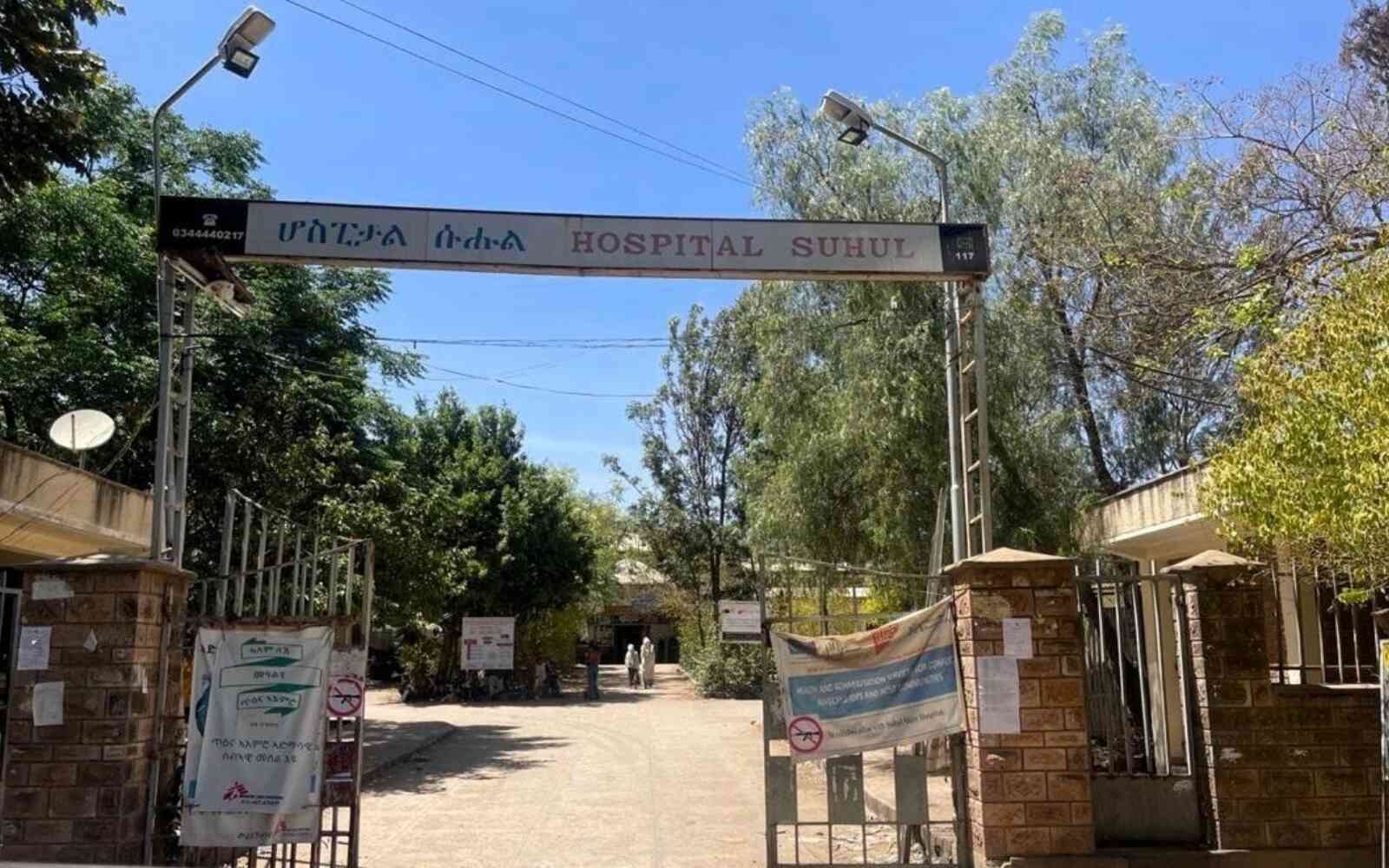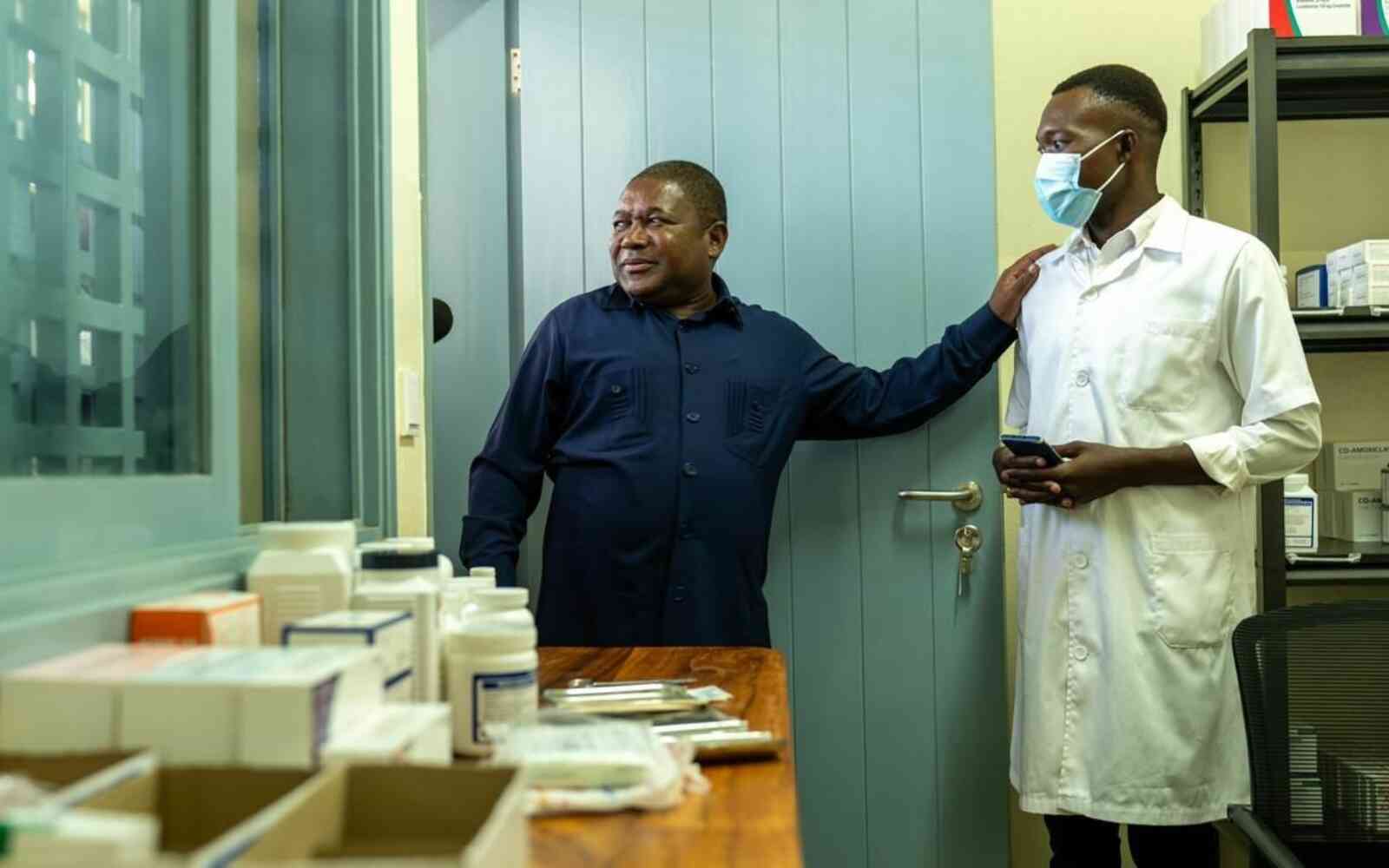The United Nations Office for Project Services (UNOPS)
Strengthening data for development in Chad and Niger
UNOPS is working with the World Bank and the governments of Chad and Niger to improve the collection of data used for long-term development planning.
Countries across West and Central Africa face development challenges such as rapid population growth, poverty and the effects of climate change. Reliable, up-to-date data is critical for addressing these issues.
With $4.9 million in financing from the World Bank, UNOPS is supporting efforts to improve the quality and availability of statistical data in Chad and Niger – helping to strengthen national statistical systems and harmonize data.
Implemented as part of the 'Project for the Harmonization and Improvement of Statistics in West and Central Africa,' the initiative will enhance national statistical infrastructure in both countries. This will support more effective policymaking, resource allocation and progress monitoring in key sectors such as poverty reduction, education, healthcare and environmental protection.
Supporting better data collection and harmonization supports evidence-based decision-making and helps to strengthen governance and development planning across the region.
In Chad, UNOPS is working with the National Institute of Statistics and Economic and Demographic Studies to help improve data collection capacities by procuring vehicles that will help reach remote areas – ensuring that national statistics are accurate and representative.
In Niger, UNOPS is supporting the National Institute of Statistics' preparations for the 2026 national census, helping ensure the country has access to updated, reliable population data to inform its future development strategies.
Stronger statistical systems enable governments and regional institutions – including the Economic Community of West African States and the West African Monetary Union – to make data-driven decisions that can improve development outcomes and support inclusive growth in Africa.
Harmonizing statistical systems will make data more consistent, accessible and reliable – laying the foundation for more effective governance and stronger regional collaboration. This will ultimately enhance the ability of West and Central African nations to tackle development challenges and accelerate progress toward their national goals.











